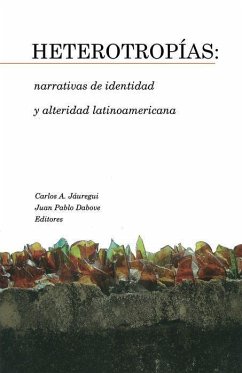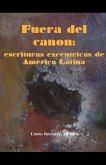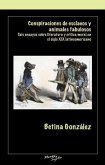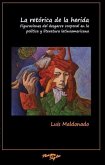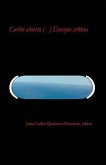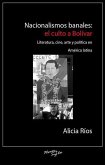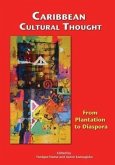There is an inherent risk in the relationship between criticism and textual production since it can be inevitably metaphorical. This relationship is fraught with both political and theoretical dangers. This volume assumes this risk knowing the inescapable nature of the cultural metaphor as a critical tool and as the very essence of identity narratives. The articles in this volume study various cultural tropes that we have called heterotropies - central to the construction and redefinition of identities and otherness in Latin America. Heterotropies speak to us about ourselves and about the other, and mainly about the vertiginous and unstable space in which practices of cultural significance take place. The 6 sections of this volume respectively address the following relative problems: the constitution of imperial tropes in relation to the invention of a "New World" and postcolonial fantasies that seek to ward off the traumas of coloniality; the conflicts around the hegemonic and non-hegemonic representation of the insurgencies that plot and strain the Latin American social fabric; the narratives where the dissolution of the tropes of neocolonial, westernist, androcentric, and rationalist Latin American modernity serves to think about the limitations of the literate conscience that historically was a privileged interpreter of sociocultural development; the stories in which the disciplinary constitution of 'docile bodies' (Foucault) is examined, and the way in which they resist and enhance the political-poetic possibilities of the body; the narratives that explore identity statements around language and race as ways to cancel the mark (racial, linguistic, cultural, economic) assigned to the American subject; and the 'postmodern' condition and crisis of (macro) identities within the framework of globalization and deterritorialization processes, and the consequent reconfiguration of non-essentialist narratives that recover the political viability of some metaphors.
